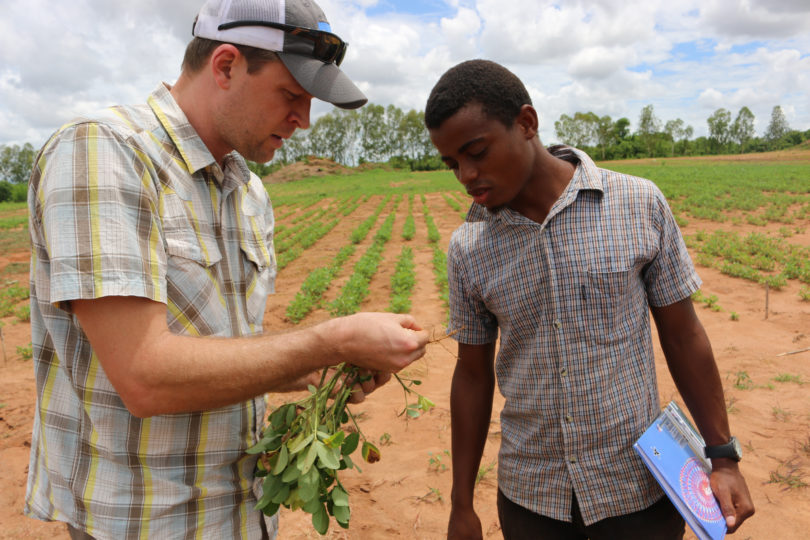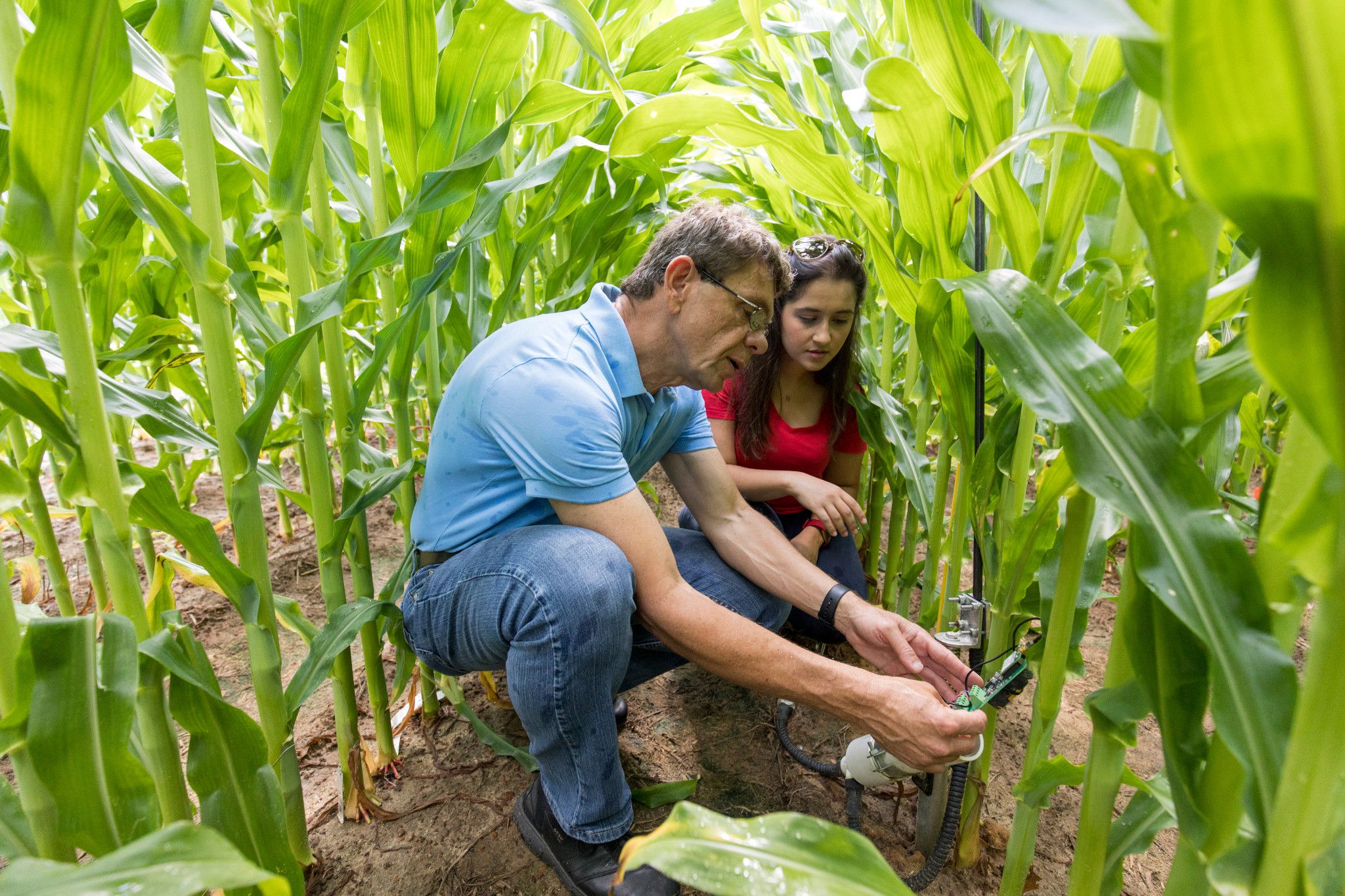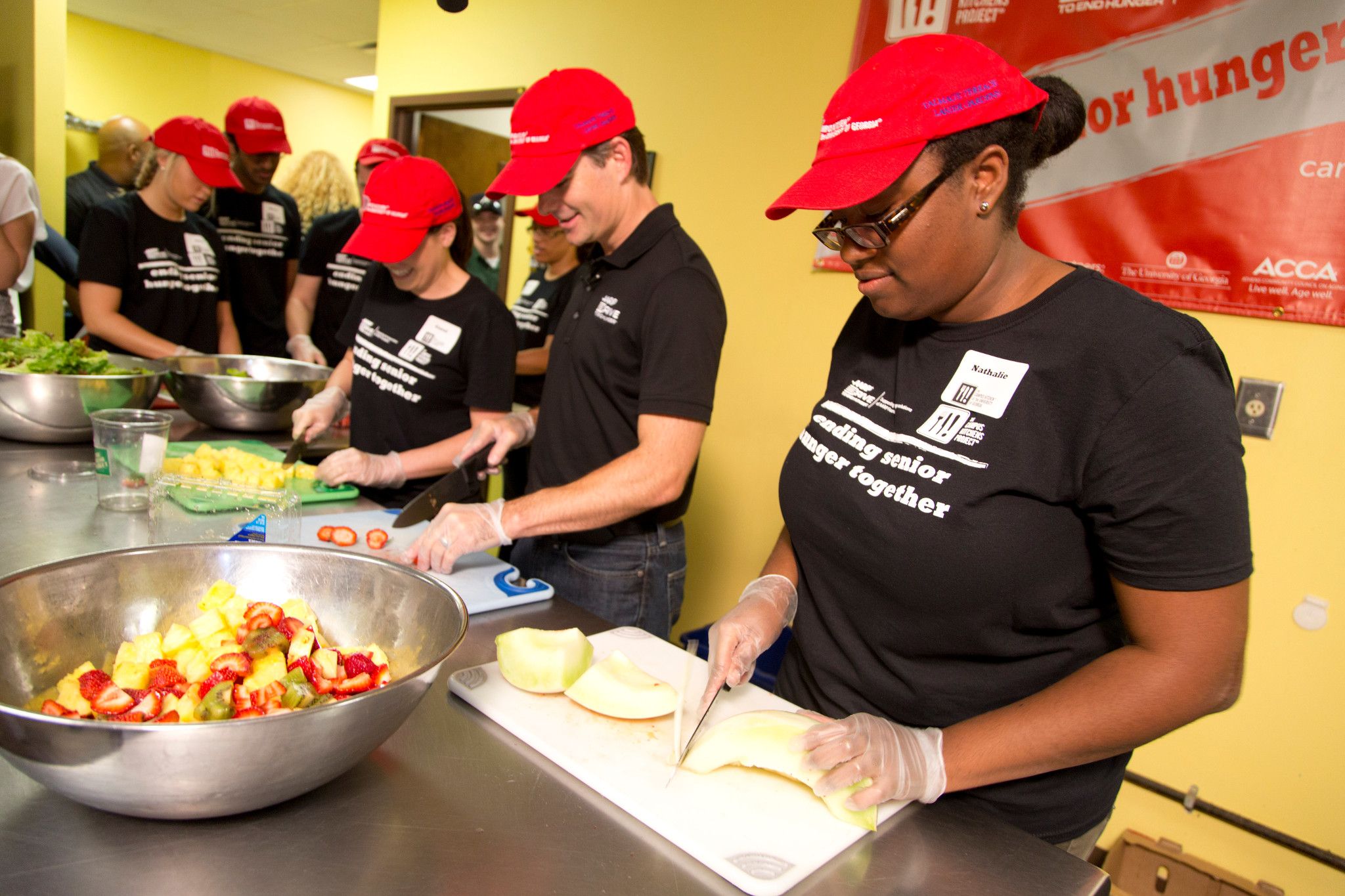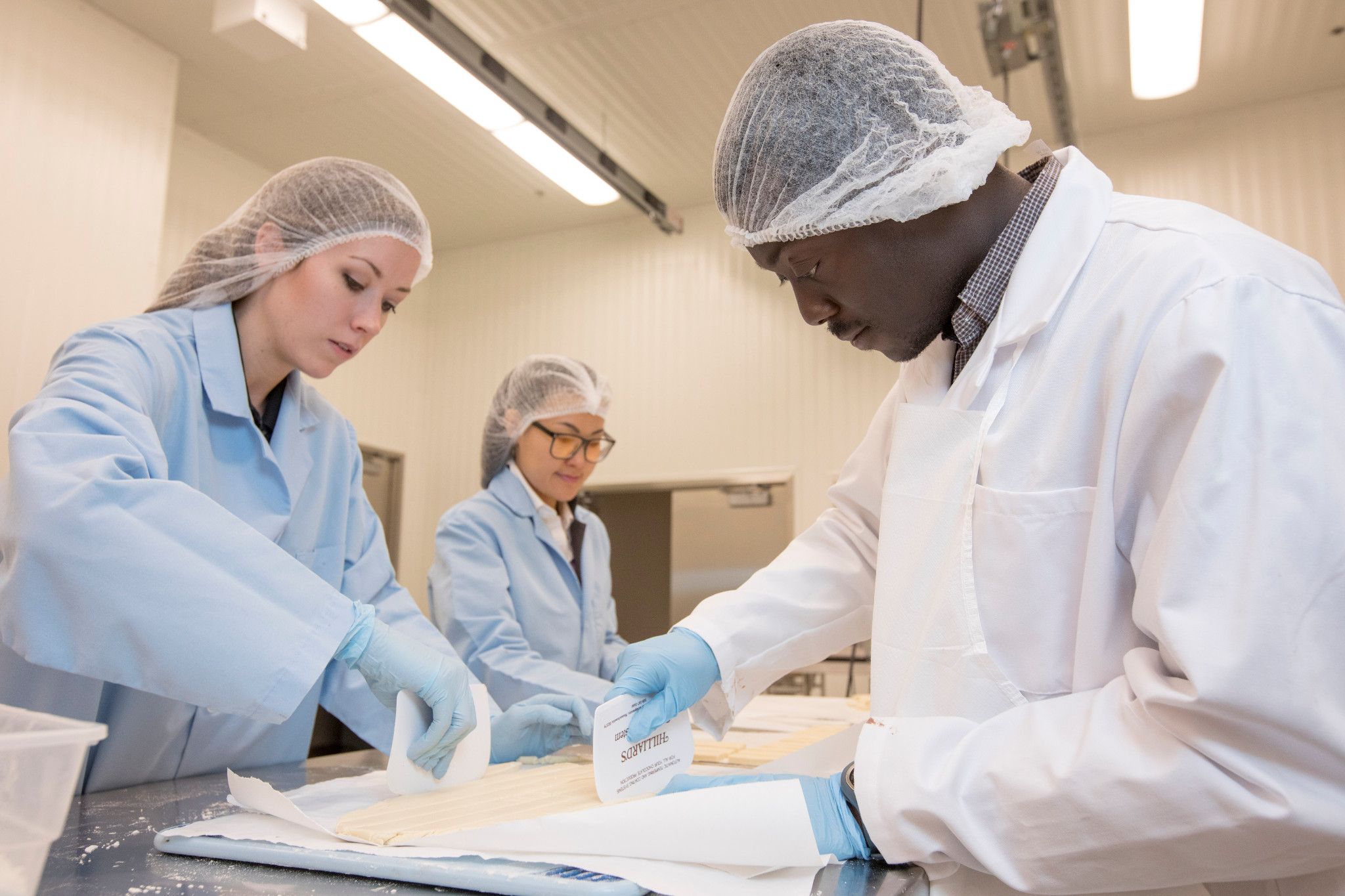Goal 2: Zero Hunger
Goal: End hunger, achieve food security and improved nutrition, and promote sustainable agriculture
UGA is working to address UN Sustainable Development Goals through focused research, teaching, service, and stewardship on campus, across the state, and around the globe. Some examples of how students, faculty, and staff are addressing Goal #2 are listed below.

USAID Feed the Future Innovation Lab
The Feed the Future Innovation Lab for Peanut research is part of the U.S. government’s strategy to fight hunger and poverty around the world. Through the Peanut Innovation Lab and similar programs, the U.S. Agency for International Development (USAID) taps into the expertise of top U.S. universities to give farmers tools they need to adapt to climate change and feed a growing population. By addressing challenges in food production, safe processing, nutrition, and gender equity, the Peanut Innovation Lab helps partner countries become more food secure.
Read More
Dining services let all the big dawgs eat fooD scholarship
The Let All the Big Dawgs Eat Food Scholarship Initiative is a need-based scholarship that awards meal plans to University of Georgia students each fall, spring, and summer semesters that was founded in 2014 to help address the food insecurity crisis at UGA. Administered by UGA Student Affairs and funded by private donors, the UGA Foundation, and UGA parents and families, the scholarship allows students to concentrate on academic success without the worry of securing their next meal.
Read More
Campus Kitchen at UGA
A program of the UGA Office of Service-Learning, Campus Kitchen at UGA exists to spotlight sustainable solutions to hunger and food waste and to showcase a mutually beneficial University-community partnership. Through Campus Kitchen, student leaders and volunteers transform unused food from grocery stores and fresh produce from UGArden, UGA's student community farm, into nutritious meals and groceries that are delivered to older adults and human service agencies in Athens, Georgia.
Read More
Food Product Innovation and Commercialization Center
The FoodPIC Center is internationally recognized for the development of innovative food products and for the implementation of cutting-edge science and technology. It works to assist companies in developing new food products efficiently and economically and with high probability of success.
Read More